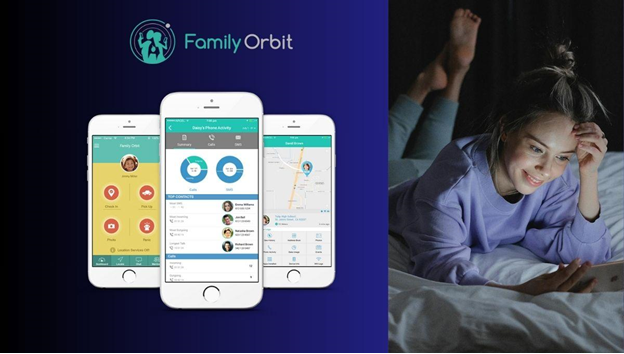The VPN Loophole: How SA Punters Access Banned Prediction Apps
In the digital age, restriction breeds innovation.

South African bettors are no strangers to restrictions. Whether it's app store blocks, regulatory red tape, or sudden bans on sports prediction platforms, punters have had to get creative to stay connected to their favourite prediction apps. But while authorities are busy tightening digital borders, users are quietly finding workarounds—and one tool continues to surface above the rest: VPNs.
It’s not a new concept. Virtual Private Networks (VPNs) have long been used to access geo-restricted content across streaming, gaming, and shopping platforms. But now, they’ve become the go-to workaround for sports bettors and fantasy players trying to bypass app store bans and blocked URLs.
And make no mistake—this isn’t just a small group of tech-savvy outliers. There’s a growing number of South African punters using VPNs to access banned or restricted prediction apps, from fantasy football platforms to daily bet prediction services that operate offshore.
A digital loophole is proving difficult to close at the heart of it all.
App Store Restrictions? Not a Problem
Prediction apps being pulled from local app stores have pushed South African users toward alternative access methods. Adjusting the app store region and using a VPN has become the go-to solution, opening up access to international apps that deliver advanced tips, data, and betting tools.
It’s a familiar process for those who’ve already gone through a Betway app download, especially when looking to get around regional limitations and use the app as it was initially intended.
Web-Based Access with VPN Spoofing
Some prediction platforms have adapted to app bans by shifting to web-first or mobile-optimized platforms. The only problem? Many of these sites are geo-blocked at the browser level. South African IP addresses are automatically restricted due to licensing or local compliance issues.
Here’s where VPN spoofing comes in. By rerouting internet traffic through servers in regions where the prediction platform is allowed, South African users can access full websites without issue. Top VPN services are frequently used, with users selecting locations like Kenya, Nigeria, or the UK to mirror a supported user base.
It’s not just about access—it’s about speed. Premium VPNs offer better latency and data encryption, making them more reliable for real-time features like live odds updates or match simulations, which are often part of prediction app ecosystems.
Telegram Channels and Side-Loading Workarounds
Another method gaining traction is sideloading apps—installing APK files (on Android) directly from third-party sources. While this comes with some risk, South African punters are turning to trusted Telegram groups and private communities where links to the latest app versions are shared regularly.
Once downloaded, these apps can function independently of app store updates or bans. Users typically keep a VPN running in the background to ensure seamless connection and to avoid region-based detection that could limit functionality.
This method is prevalent for prediction services that offer detailed match simulations, betting tips, or even pooled contests with cash rewards. While sideloading isn’t as beginner-friendly as the other methods, those who use it often consider it the most flexible.
Final Words
The rise of VPN usage among South African punters highlights a broader truth: in the digital age, restriction breeds innovation. While regulators scramble to enforce boundaries, users continue to find new paths through the cracks—fueled by global connectivity, shared knowledge, and ever-evolving tech tools. VPNs, sideloading, and web workarounds aren’t just technical tricks; they represent a quiet resistance, a digital defiance driven by demand.






